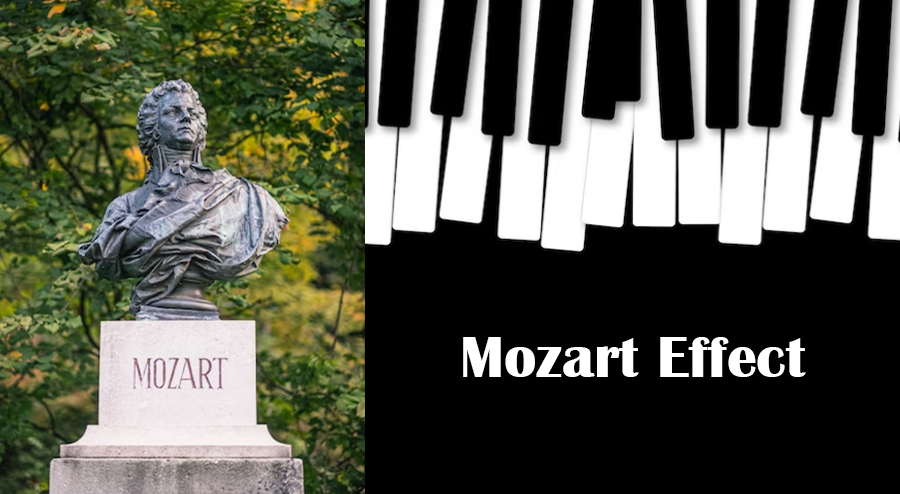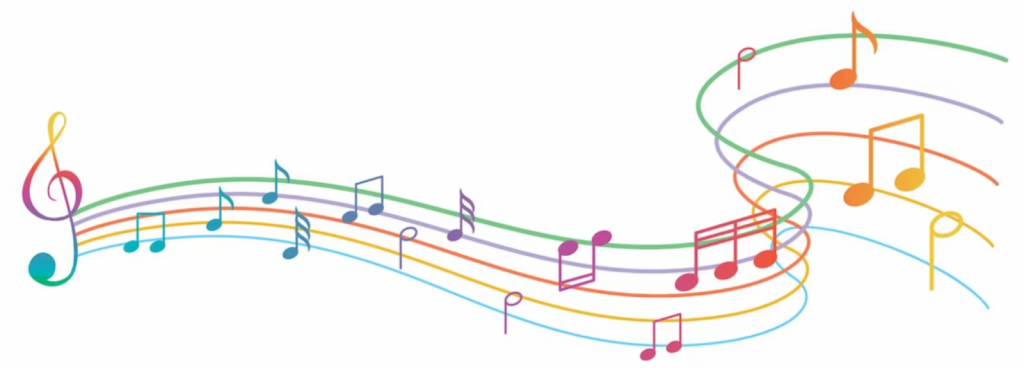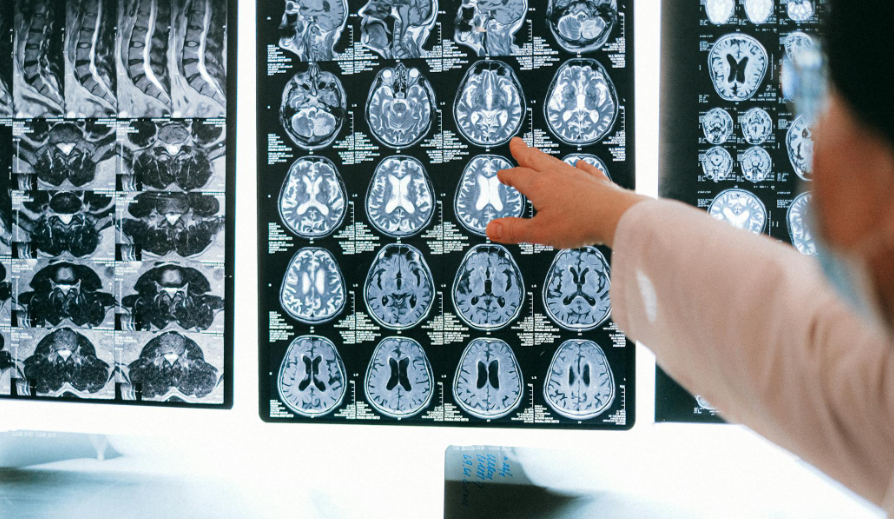Boost Your IQ in Under 10 Minutes Through Mozart Effect

©️ Free Walking Tour Salzburg / Unsplash, nuraghies / Freepik
Music can make or break your mood, and choosing the right song at the right time is crucial! We listen to sad music when we want to let the tears fall out, and we listen to more hyper sounds when we need a little pick me up!
But what if I told you that some music can actually raise your IQ as well? Well, kind of. There’s something known as the Mozart Effect that claims to help you with that. The Mozart Effect is a term that was originally coined by Alfred A. Tomatis in 1991. However, it only gained widespread attention through a study conducted by Rauscher, Shaw, and Ky in 1993. The trio made the big claim that listening to a 10-minute Mozart Sonata can affect your IQ significantly!
The Mozart Effect Explained

Enhancing Spatial Reasoning and Brain Activity
The Mozart effect experiment shows that once the test subjects listened to Mozart’s sonata for 10 minutes, they experienced more reasoning skills than they claimed to after relaxing in silence. It was even clarified that the scores were around 9 points higher after listening to Mozart.
The effects of music on spatial reasoning could be explained by how the brain processes music and spatial imagery. Various studies using techniques like positron emission tomography (PET) and functional magnetic resonance scanning have revealed that music perception activates a widespread network of brain areas. Different aspects of musical appreciation, such as rhythm, pitch, meter, melody, and timbre, involve various regions across the brain. These include the prefrontal cortex, superior temporal gyrus, and precuneus in the parietal lobe, with interconnected networks.
Processes like rhythm and pitch discrimination occur in the left hemisphere, while timbre and melody occur in the right hemisphere. However, appreciation of meter doesn’t show a hemispheric preference. Brain regions involved in spatial-temporal tasks, as seen in tasks and experiments like building 3D cube assemblies in sequence, overlap with those activated during music processing. This suggests that listening to music could activate brain areas linked with spatial reasoning, potentially explaining the seen effects on spatial-temporal performance.
Long-Term Effects and Childhood Development
The experiments with adults piqued the interest of studies involving preschool children aged 3-4 years. These children received keyboard music lessons for six months, focusing on various musical skills. After training, they could play simple melodies by Beethoven and Mozart.
Following this training, the children’s spatial-temporal reasoning abilities were tested, showing an improvement of over 30% compared to peers who received computer lessons or no specialized training. This improvement was specific to spatial-temporal reasoning and lasted for at least 24 hours after the music lessons.
The longer-lasting effects were attributed to the duration of music exposure and the greater brain plasticity in young children. Additionally, similar experiments suggested that enhanced spatial-temporal reasoning from piano training correlated with higher scores in advanced mathematics as well.
The Mozart Effect on Epilepsy
The connection between the Mozart effect and epilepsy cases shows that listening to Mozart’s piano sonata K448 can lead to a significant reduction in epileptiform brain activity. The study involved epilepsy patients with focal discharges or spike and wave complexes and explained that 23 out of 29 individuals experienced a decrease in epileptiform activity when exposed to music.
Notably, even a comatose patient exhibited improvement, highlighting that musical appreciation isn’t necessary for this effect. In one case, a patient with continuous bilateral spike and wave complexes saw a drastic reduction after just five minutes of being exposed to the music.
Additionally, a study on an eight-year-old girl with Lennox-Gastaut syndrome, a severe form of childhood epilepsy, found that playing Mozart’s sonata every 10 minutes for each hour resulted in a significant decrease in clinical seizures and epileptic discharges. This could verify that the experiment has the potential for a long-lasting effect.
Specificity of Mozart’s Music
Researchers have investigated the extent to which Mozart’s music contributes to the observed effects. While many studies have employed Mozart’s double piano sonata K448 and his piano concerto No. 23 in A major K488, some variations have also been effective, such as a contemporary composition by Yanni that shares similarities in tempo, structure, melody, and harmony with Mozart’s sonata.
While analyzing the characteristics of music, it was found that Mozart’s compositions, along with those of J.C. Bach and J.S. Bach, showed a high degree of long-term periodicity, particularly in the 10-60 second range. These compositions emphasized specific notes and their average power, such as G3 (196 Hz), C5 (523 Hz), and B5 (987 Hz).
On the other hand, minimalist music by Philip Glass and old-time pop music lacked significant long-term periodicity and did not show similar effects on spatial behavioral tasks or epilepsy. Long-term periodicity in music, regardless of the composer, is suggested to resonate within the brain, potentially reducing seizure activity and therefore improving spatial-temporal performance.
However, the biggest downfall of this experiment was that the effect did not last more than 15 minutes. This is what makes the experiment not as trustworthy.

Additionally, others who tried to confirm the Mozart Effect experiment, confirmed that the effect does allow subjects to increase their spatial-temporal performance. The effect was measured using the Stanford—Binet scale.
But what does spatial-temporal reasoning mean? Simply put, it describes the ability to visualize and manipulate objects in space and time. However, the Mozart effect only works with spatial reasoning. And although this is impressive, this effect does not affect general knowledge. The human brain is frankly, quite complex, and our intelligence comes from a wide range of factors, including genetics, education, environment, and personal experiences.
What Mozart Effect Study Music Should You Use?
The Mozart Effect study by the Journal of the Royal Society of Medicine, suggests that the right Mozart effect music is the K448 double sonata. This is the exact same song that even Einstein couldn’t resist commenting on!
Alber Einstein described the music as the most mature and compound of all of Mozart’s works, so it just makes sense for it to be classified as an IQ raiser!
Additionally, the second place for the most effective Mozart Effect study music is the piano concerto no 23 in A major K488.
In other words, the Mozart Effect refers to the popular belief that listening to Mozart’s music can make you more intelligent and enhance your cognitive abilities. However, while there may be some short-term benefits that are linked with listening to Mozart’s music, the original claims have already been met with skepticism as the effect has no lasting impact on intelligence.
We would love to know what you think! Would you give this controversial effect a try? Or is classical music not your cup of tea?


